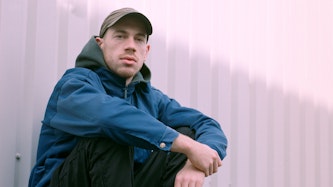
■ Features
"You can't be creative if you're burnt out." - NAINA
In a recent survey answered by 1,500 DJs and musicians, we found 66% of artists had suffered burnout at least once. 72% of artists also described spending more money on their creative practice than they make.
Mental Health UK defines burnout as 'a state of physical and emotional exhaustion' which occurs 'when you experience long-term stress'. Describing the feeling, some survey participants likened it to being hysterical or overwhelmed. Others described feeling short-tempered or imposter syndrome.
The main reason for participants burning out was financial pressure. 85% described working full or part-time in other sectors while trying to ‘make it’ in the arts:
“I played 62 shows in a year while working a full-time job” - Pirate artist
69% of artists without supplementary jobs also described working overtime in their chosen field due to low fees:
“I had to be in around 8 bands to make things work which was a nightmare to manage logistically.” - Pirate artist
In light of the survey’s findings, I spoke to London-based DJ NAINA to find out more about why burnout is so prevalent in the arts, and how she's adapted her work/life balance since burning out.
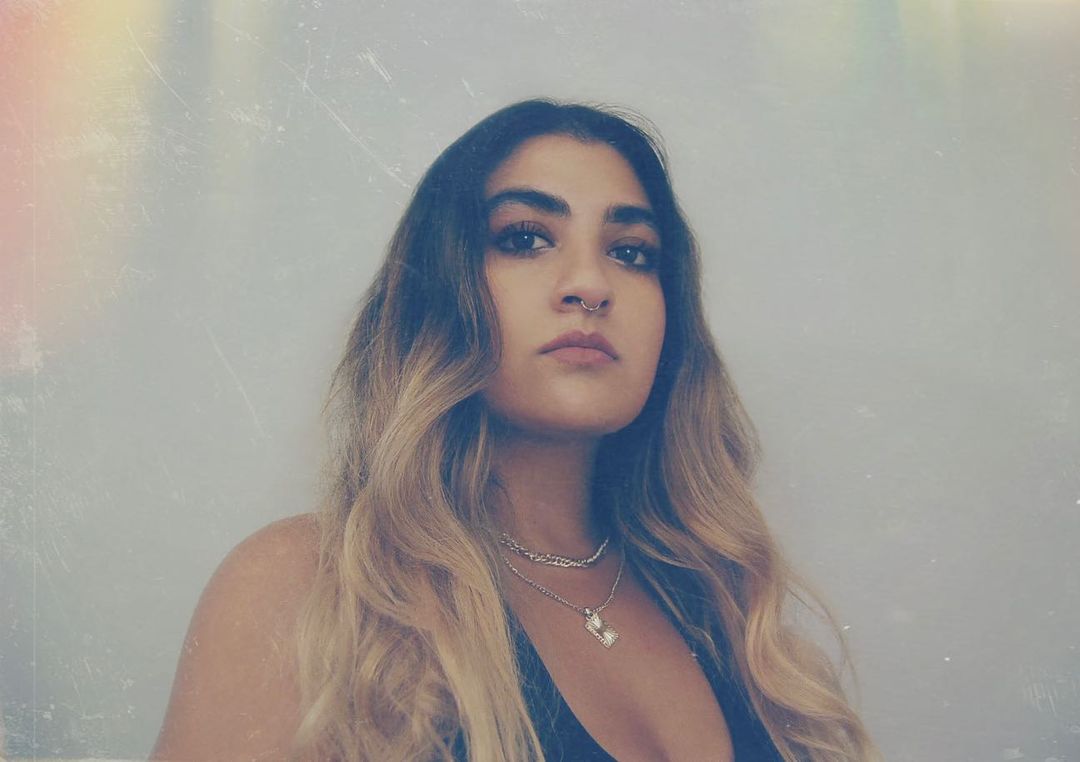 NAINA (Source: Instagram)
NAINA (Source: Instagram)
NAINA is a self-employed presenter, label boss and DJ for NTS, No ID and Reprezent. She recalls burning out recently while trying to bolster her income in line with life goals:
"It's tough when you become self-employed, you can get buried in so many projects that you forget to take time off.
I recently bought my first flat which has been my goal for a while, but the pressure I put on myself meant I was barely taking time off.
My mindset was crazy. I think you gotta experience a burnout to avoid it happening again. You discover your limits and you recognise how important taking breaks is."
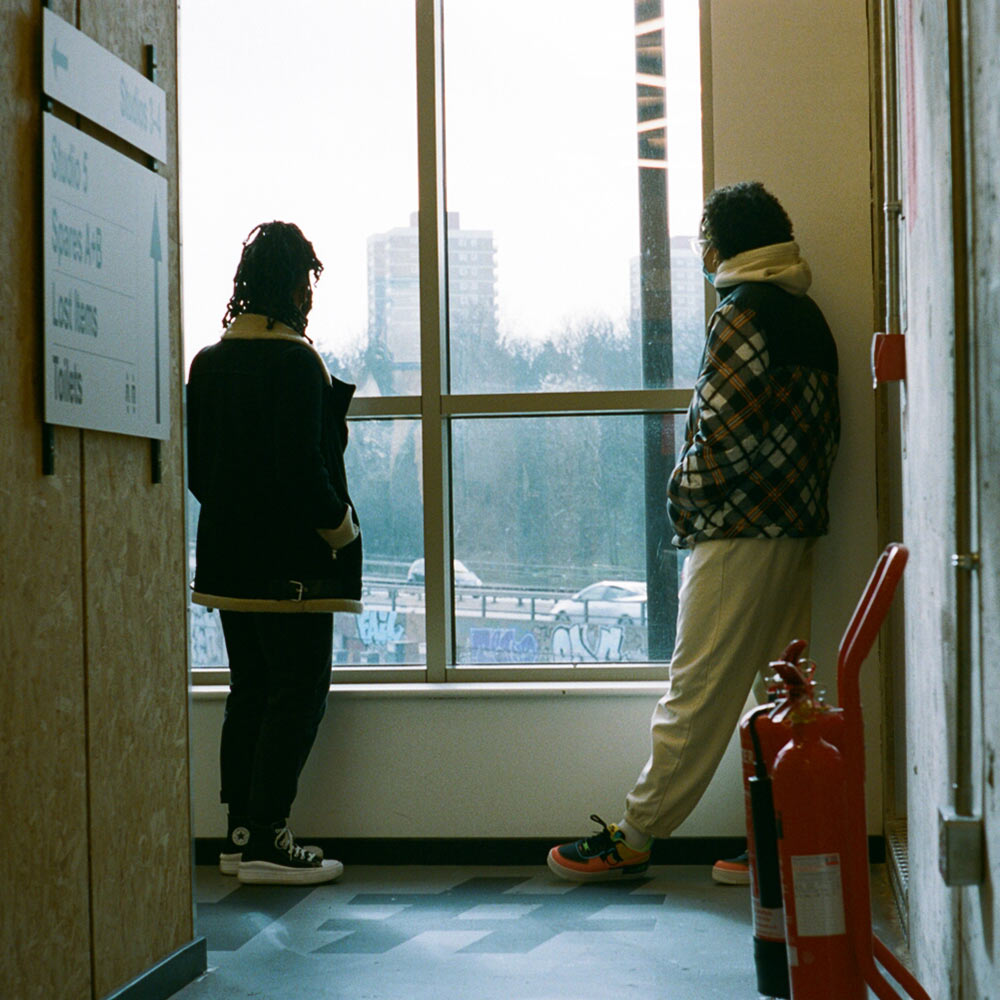
Asked how she's adapted her day-to-day routine to prevent burning out again, NAINA describes methods of self-care that range from exercise to drawing and getting a decent night's sleep:
"I go to the gym in the middle of the day, mainly because it's quiet but also to break up the hours I spend sat on my laptop. The pandemic has made this even tougher. Normally I'd be in a studio, socialising and taking lunch breaks. At home you can just sit and work without moving for hours. I like to draw in my spare time as well, anything to take a break from technology.
Being mindful of booze is a cliché but it's an important thing to remember as well. I'm not a teenager anymore. I used to go out in the week, DJ and do radio - the booze didn't help. Is this adulting?
Lastly, make sure you have a proper schedule. Every day I have a list of things I need to sort out, ticking those off feels so good. Sleep is so important too."
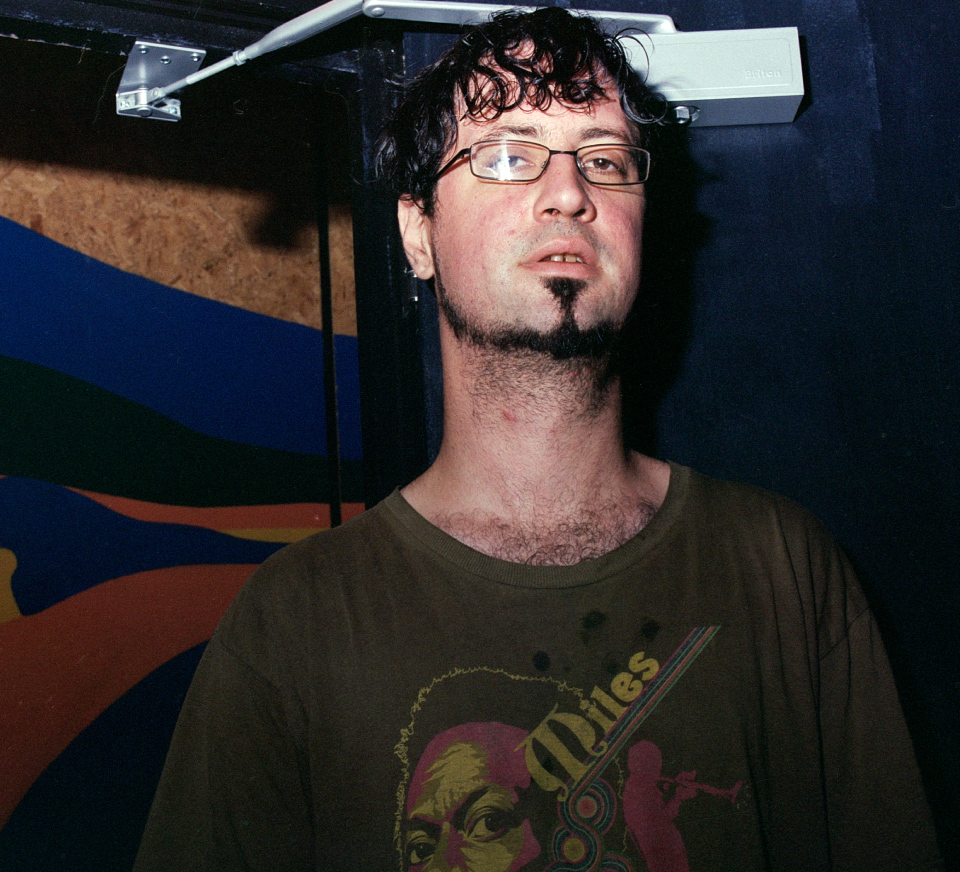
A lot of artists surveyed described blurring the lines between work and leisure, with many refusing to define their creative output as work unless they were paid to do it:
“I was having too many late nights playing DJ gigs and then working during the day. I was overworked and exhausted which led to an emotional breakdown.” - Pirate artist
I asked NAINA how making money from creative pursuits had changed her relationship with music. She explained that while aspects begin to feel like real work, new passion projects keep the spark alive:
"It's a tricky one. When things that were once a hobby turn into an actual job, the pressure is real. It does feel like work, but it's a job I enjoy, so that makes it all worth it.
I love music and radio. I always will, and it's amazing that that's my full time job. But it's important to keep growing by challenging yourself in different ways.
My biggest challenges recently were starting Hooversound, continuing bits with No ID and launching Dialled In. It's so important to have these passion projects that you put your heart into, it keeps you motivated and you never know where they'll lead."
Achieving the perfect work/life balance is extremely difficult, especially in music. As a musician or DJ it's very easy to allow your work and downtime to merge. NAINA admits that while she tries to make weekends her personal time, it doesn't always work:
"For me personally, my weeks are pretty stressful, so I try to make weekends my time. This definitely doesn't work all the time, and it's not for everyone, but I try to keep the balance."
If you think you might have workaholic tendencies, try allocating non-productive time each week to spend with friends, family or the natural world. Above all else, make a conscious effort to stay engaged with who or what's important to you, beyond your next EP or gig.
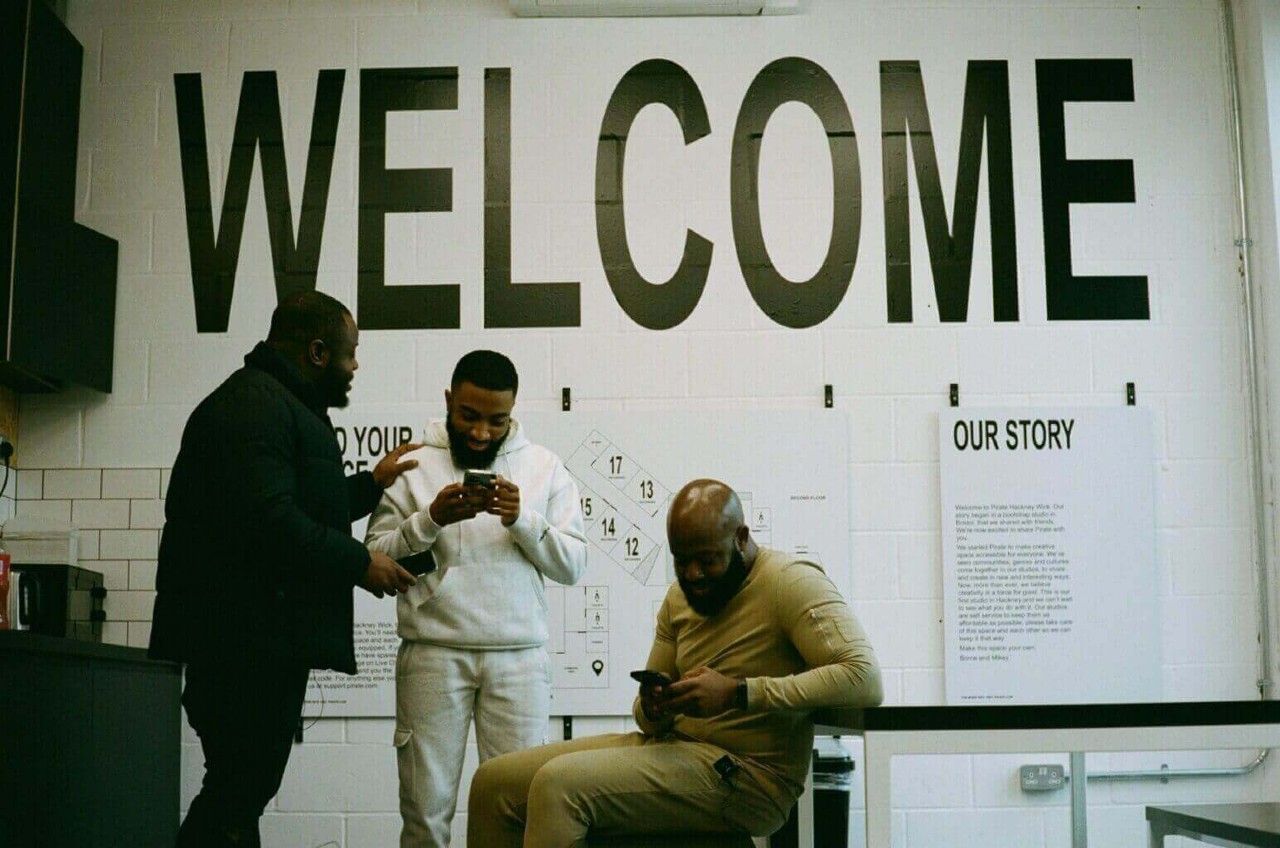
If you’re an artist in the UK and you’re feeling overwhelmed, or just need someone to talk to, call Music Minds Matter on 0808 802 8008, or visit their website here.
